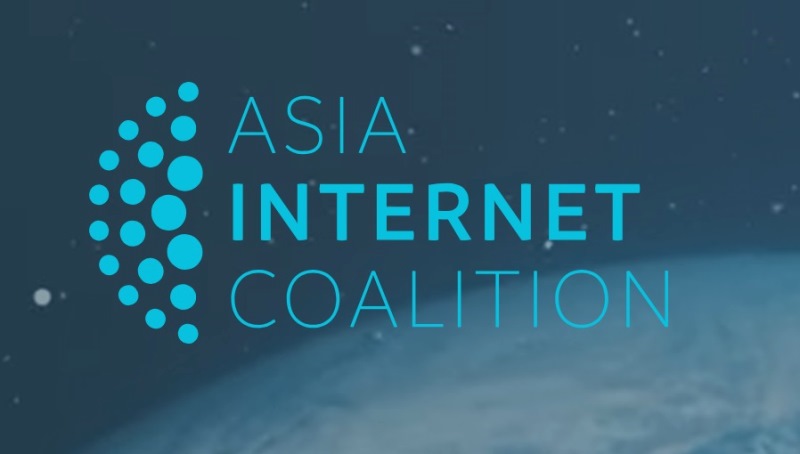 AIC
AIC
US tech majors fight Indian telecom networks’ bid to regulate internet services, pay for network usage
Mumbai/IBNS: Global technology majors are pushing back against attempts by India’s telecom companies to bring internet services under stricter regulation, rejecting arguments that such measures are necessary to create a “level playing field” and address national security concerns, reports TechCrunch.
The Asia Internet Coalition (AIC), a major industry body that represents global tech giants like Amazon, Apple, Google, Meta, Microsoft, Netflix and Spotify, has forcefully argued against inclusion of the so-called over-the-top (OTT) services in the proposed regulatory framework (PDF) for telecom operators, according to reports.
In a submission to the Telecom Regulatory Authority of India (TRAI), the AIC stated there are fundamental differences in technology, operations and functionality between OTT services and traditional telecom operations.
OTT services operate on the application layer, while telecom service providers (TSPs) operate on the network layer, the AIC said, adding that unlike TSPs, OTT providers do not have rights to acquire spectrum, obtain numbering resources or interconnect with the public switched telephone network.
“OTT communication services are not substitutes of traditional telecom services,” the AIC mentioned in its submission, noting that OTT services offer additional functionalities like group chats, voice notes and in-app content sharing.
The AIC warned that including internet services in the new framework could violate net neutrality principles and harm consumer interests.
“At the outset, we would like to submit that OTT communication services are already regulated under a host of laws, including as ‘intermediaries’ under the IT Act and the rules and regulations issued thereunder. Thus, concerns that OTT communication services operate in an ecosystem where there is no regulatory oversight are unfounded,” the AIC said in the submission.
The industry body argues there are already enough regulations in India that oversee OTT services, including requirements for interception, content takedown, incident reporting and user grievance redressal under the IT Act and related rules, reports TechCrunch.
This resistance comes in response to a coordinated push by the country’s top telecom operators, Reliance Jio, Bharti Airtel and Vodafone Idea, to bring OTT services under a new authorization framework.
India's largest telecom operator Reliance Jio and other telco operators have recommended that OTT providers contribute to network development costs based on their traffic consumption, turnover and user base, as per reports.
The telecom networks’ push reportedly comes as they grapple with low average revenue per user — of approximately $2 per month.
Having collectively invested $19 billion in 5G airwaves last year, the telcos are seeking regulatory intervention to boost margins, according to TechCrunch.
The AIC disputed claims of OTT services “free-riding” on telecom infrastructure, as per reports.
TechCrunch reported, quoting AIC’s managing director Jeff Paine, that OTT services have driven increased data consumption and revenues for carriers.
The AIC also argued that regulating OTT services under the Telecommunications Act, 2023 would go beyond its intended scope, while the powerful industry body noted that when the Act was introduced in Parliament, the Union telecoms minister, Ashwini Vaishnaw, clarified that “OTT has been regulated by the IT Act of 2000 and continues to be regulated by the IT Act” and also stipulated “there is no coverage of OTT in the new telecom bill passed by the Parliament.”
The debate in India mirrors similar discussions in Europe and South Korea, where network operators are also pushing for contributions from tech giants, reports TechCrunch.
Support Our Journalism
We cannot do without you.. your contribution supports unbiased journalism
IBNS is not driven by any ism- not wokeism, not racism, not skewed secularism, not hyper right-wing or left liberal ideals, nor by any hardline religious beliefs or hyper nationalism. We want to serve you good old objective news, as they are. We do not judge or preach. We let people decide for themselves. We only try to present factual and well-sourced news.







